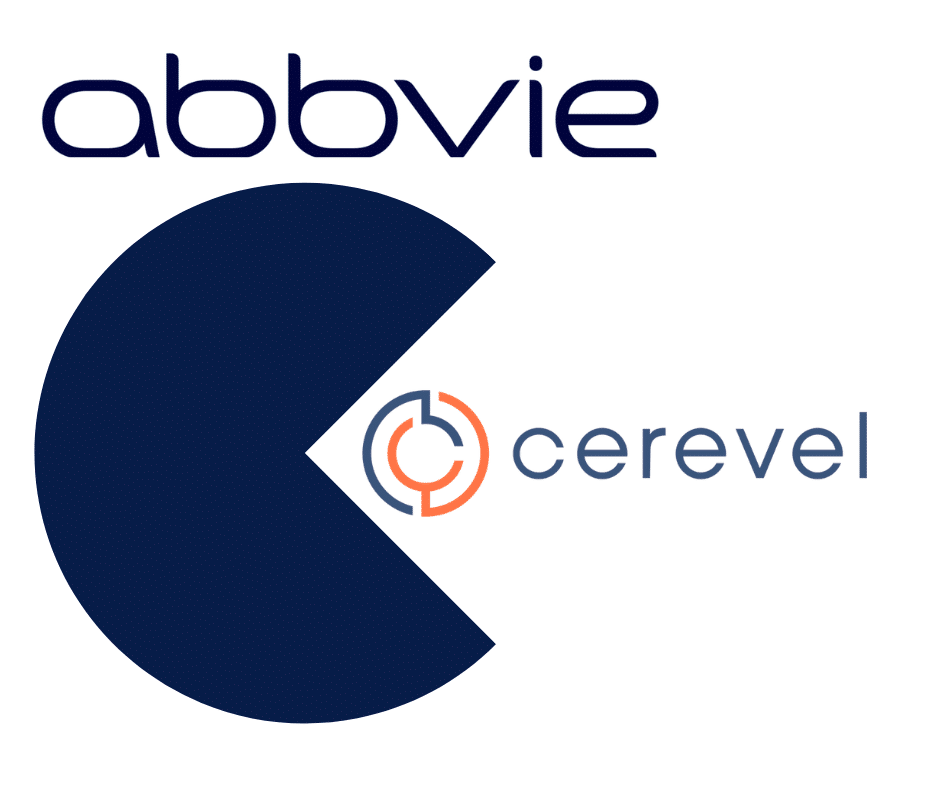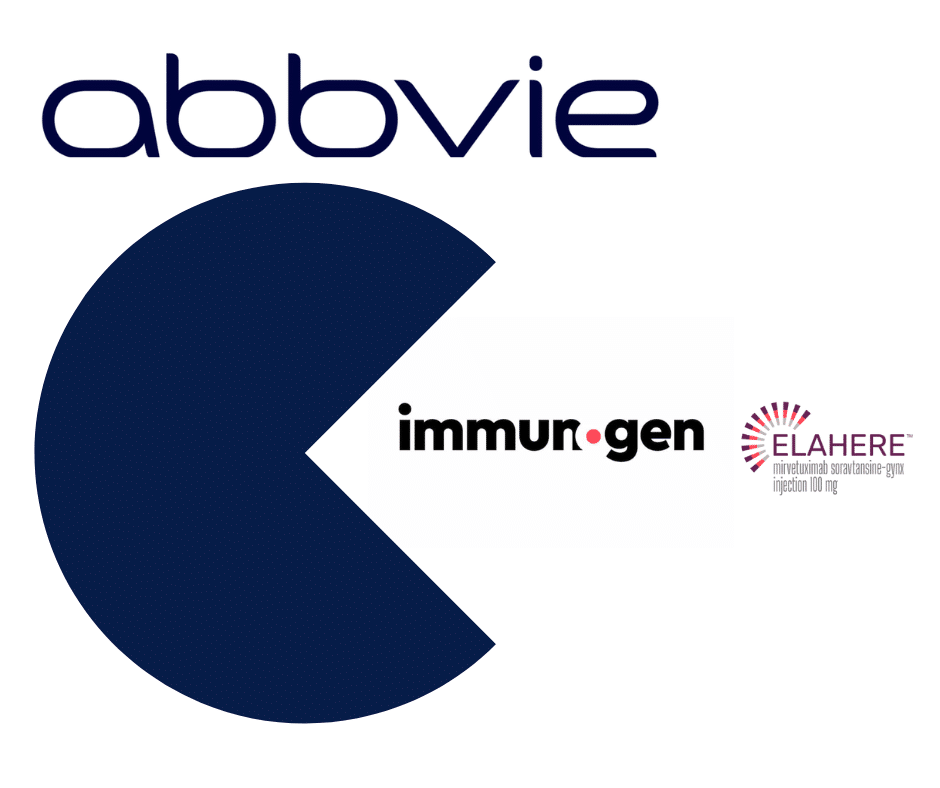
With inflation rapidly accelerating, worries persist that the economy is headed for a recession. Big Tech has already either frozen or drastically curtailed hiring, leaving many left to wonder how other industries will be impacted.
Life sciences, like plumbing or consumer staples, possess a unique quality in that it has a constant demand. People are always getting sick or requiring healthcare.
Nevertheless, the trepidation you and your company may have about the state of the economy in the next 12 months is real and deserves some thought.
Having been in business for over two decades, Snowfish has weathered the 2008 recession, various economic ups and downs, and, more recently, the coronavirus recession.
What Is A Recession?
Economists classically define a recession as two consecutive quarters of negative growth. However, the National Bureau of Economic Research (NBER), the agency that classifies recessions, has changed the definition. According to NBER, a recession is “a significant decline in economic activity that is spread across the economy and that lasts more than a few months.”
During a recession, an economy’s Gross Domestic Product (GDP) declines, unemployment rises, and inflation decreases.
According to Paul Krugman and Robin Wells’ Macroeconomics, “the most important effect of a recession is its effect on the ability of workers to find and hold jobs.” In other words, recessions cause a dramatic spike in the unemployment rate.
The coronavirus recession saw unemployment peak at 14.8% according to the Congressional Research Service.
For firms, recessions cause profits to suffer and necessitate layoffs.
How A Recession Impacts The Life Sciences?
Despite healthcare products having relatively inelastic demand (not super sensitive to changes in price), the life science industry feels the impact of a recession in the form of declining R&D spending.
Joshua Cohen, an independent life science analyst, points out in Forbes that “the biopharmaceutical industry experienced a precipitous drop in the compound annual growth rate of R&D spending in 2008 and 2009.”
Likewise, new ventures and startups could experience a decline in funding. As the Financial Times points out, Y Combinator, a startup incubator, has warned its founders that the “safe move is to plan for the worst.”
A decline in R&D spending means companies will develop less new drugs, impacting the profits of firms and patients’ quality of life.
Turning Lemons Into Lemonade
As for the market currently, IBB is a biotech ETF that holds 377 stocks. To date, the value has declined 27 percent.
Although a recession spells trouble for the vast majority of industries, well funded life science firms gain unique opportunities to strengthen relationships with stakeholders and advocacy groups.
A precipitous decline in the share prices of companies presents an opportunity for well-funded companies to acquire firms that have great products and relationships but are far less richly valued.
Potential partners might have a strong relationship with key industry and advocacy groups, which should be part of the acquisition decision calculus.
A recession also allows companies to build relationships with advocacy and stakeholder groups that might be feeling budget pinched since some of their partners and patients might be tightening their wallets. Based on our experience, advocacy and patient organizations are more likely to explore meaningful relationships when times become tighter.
Advocacy - A More Promising Alternative
Your product’s reputation is critical to its profitability especially in a recession. Partnerships with the right advocacy organizations allow you to reach more patients. Additionally, as we have written about previously, relationships with the right advocacy organizations signal that your product is high quality and effective.
Snowfish has partnered with leading life science and medical device firms such as Abbvie, AstraZeneca, Sanofi, and Medtronic. We have completed 100s of projects in over 60 disease states. If you need help with your advocacy efforts, please send us an inquiry at info@snowfish.net
Alex Fishman is a business analyst at Snowfish. A recent economics graduate of the University of Virginia, Alex will be enrolling in a one year masters in finance in the fall.
- Market Access: The Latest Hurdle for Treating Alzheimer’s and Dementia - June 14, 2023
- Rare Disease Outreach a Missed Opportunity - November 7, 2022
- So You Read Our Previous Post on Biomarkers? - August 1, 2022



